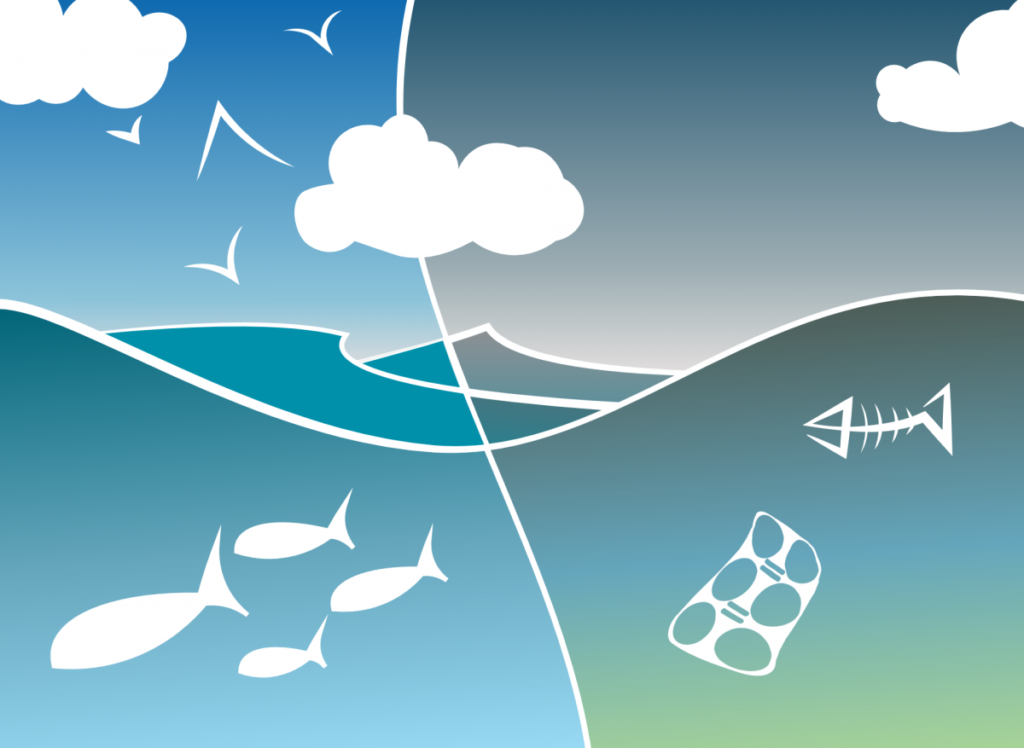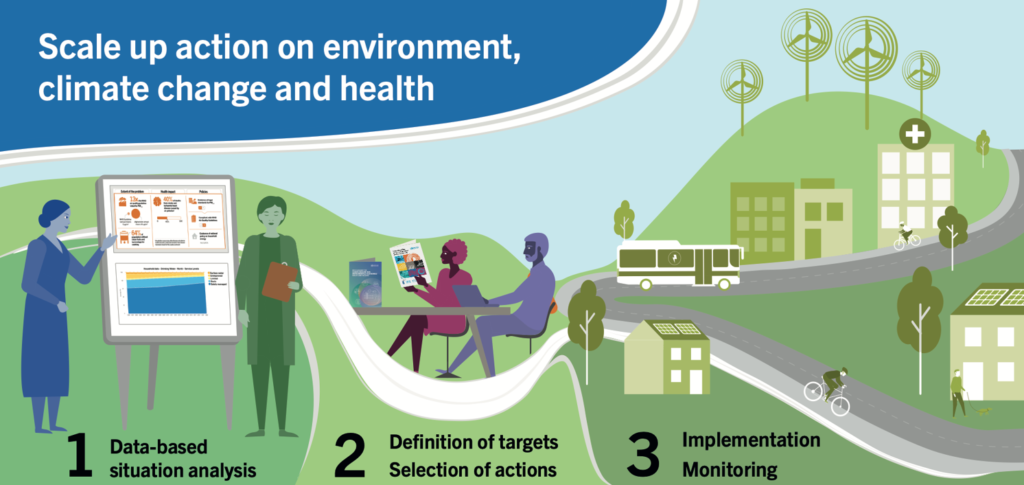
THE RIGHT TO HEALTHY AND SUSTAINABLE ENVIRONMENT

Every person irrespective of caste, colour, sex, gender and religion is entitled to enjoy privileges in a society equally. When it comes to human rights people should get their rights unbiased. And human right is a right that is believed to belong to every person from their birth.
Human rights are the kind of rights inherent to all human beings, regardless of race, sex, nationality, ethnicity, language, religion, or any other status. Human rights include the right to life and liberty, freedom from slavery and torture, freedom of opinion and expression, the right to work and education, and many more. everyone is entitled to these rights, without discrimination.

The right to a clean and sustainable environment is the latest resolution adopted on 28th July of 2022. The UN General Assembly passed a resolution recognizing the right to a clean, healthy, and sustainable environment as a human right. The UNGA calls upon States, international businesses, and other stakeholders to “scale up efforts” to ensure a clean, healthy, and sustainable environment for all.
Originally this was proposed by Costa Rica, the Maldives, Morocco, Slovenia, and Switzerland, and later co-sponsored by more than 100 countries. The right to a clean, healthy and sustainable environment is also linked to other rights and parts of existing international human rights law.

NECESSITY OF A CLEAN AND HEALTHY ENVIRONMENT
As human rights and the environment are interdependent, a clean, healthy and sustainable environment is necessary for the full enjoyment of a wide range of human rights, such as the rights to life, healthy food, water and sanitation and development, among others.
All human rights depend on a healthy environment. we cannot be healthy, eat adequate and nutritious food, and drink clean air without it. The council’s recognition of this fact and of the right to a healthy environment strengthens existing systems that are already in place to protect people from environmental degradation and its human rights impacts.

SIX REASONS WHY A HEALTHY ENVIRONMENT SHOULD BE A HUMAN RIGHT
At least 155 states recognize their citizens have the right to live in a healthy environment, either through national legislation or international accords, like the universal declaration of human rights. Despite those protections, the world health organization estimates that 23 per cent of all deaths are linked to “environmental risks” like air pollution, water contamination and chemical exposure here are some of the ways that a compromised planet is now compromising the human right to health. The destruction of wild spaces facilitates the emergence of zoonotic diseases.
The alteration of land to create space for homes, farms and industries has put humans in increasing contact with wildlife and has created opportunities for pathogens to spill over from wild animals to people. An estimated account states that 60 percent of human infections are of animal origin. So to limit these unidentified viral diseases a safe healthy environment is necessary
Air pollution reduces quality of health and lowers life expectancy
Air pollution reduces quality of health and lowers life expectancy All over the world nine in ten are breathing unclean air, harming their health and shortening their life span. Every year around 7 million people die from air pollution related diseases. Exposure to pollutants can also affect the brain causing development delays, behavioral problems and even lower IQs in children.

Biodiversity loss compromises the nutritional value of food
Today nearly one in three people suffer from some form of malnutrition and much of the worlds population is affected by diet related diseases such as heart disease and diabetes and cancer
Biodiversity loss also reduces the scope and efficacy of medicines
Natural products comprise a large portion of existing pharmaceuticals and have been particularly important in the area of cancer therapy .but medicinal plant species are at risk of extinction and that the earth loss at least one potential major drug every two years.
Biodiversity loss also reduces the scope and efficacy of medicines Natural products comprise a large portion of existing pharmaceuticals and have been particularly important in the area of cancer therapy .but medicinal plant species are at risk of extinction and that the earth loss at least one potential major drug every two years.
Pollution is threatening billions worldwide
Water contaminated by waste, untreated sewage, agricultural runoff and industrial discharge puts 1.8 billion people at risk of contracting cholera, dysentery, typhoid and polio, methylmercury – a substance found in everyday products that contaminate fish can have toxic effects on nervous, digestive and immune systems when consumed by humans.
Climate change introduces additional risks to health and safety.
The 46th session of the United Nations Human Rights council recently passed a resolution calling on states to conserve, protect and restore ecosystems, describing them as crucial to human health and wellbeing. Last decade was the hottest in human history and we are already experiencing the impacts of climate change ,with wildfires, floods, and hurricanes becoming regular events that threats lives.

Conclusion
From above all mentioned statement it is understandable , how much necessary it is to provide clean, safe, healthy and sustainable environment for human. And to live in healthy and hygiene environment with dignity should be a basic right that one should have from the time of birth itself.by considering that this reality was recognized by the United Nations General assembly, with a unanimous vote that affirmed a clean, healthy ,and sustainable environment as a human right-and a right for all, not just a privilege for some.







